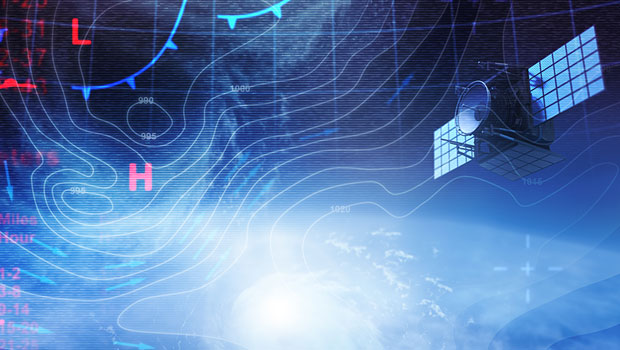
By John P. Mello Jr.

Next-generation 5G mobile communications technology could have a harmful impact on weather forecasting in the United States, based on expert testimony presented before a U.S. House committee during a hearing on the future of weather forecasting.
Interference from 5G wireless phones could reduce the accuracy of weather forecasts by 30 percent, said Neil Jacobs, Acting Under Secretary of Commerce for Oceans and Atmosphere at NOAA. Jacobs made the remarks to members of the Environment Subcommittee of the House Committee on Science, Space, and Technology.
The effect would be to return forecasting accuracy to 1980s levels, Jacobs added.
Consumers and government agencies rely on accurate weather information, and it also can be important for disaster preparedness and recovery, noted the Aerospace Industries Association, an industry advocacy group, in a letter to the committee.
“Interference-free radio frequency spectrum communications that allow for accurate readings make these applications possible,” the AIA maintained.
“Unfortunately, today’s spectrum reality could directly impact the future of accurate weather readings,” the association continued. “Spectrum is a finite resource and as the Federal Communications Commission (FCC) looks to free up spectrum for emerging technologies like 5G, the risk of interference with existing users rises, in both the incumbent band and the adjacent bands.”
The risks to weather forecasting came to light as the FCC prepared to auction off the 24 GHz spectrum, according to the letter.
“While it was a multi-year process to get to the auction itself, it is unclear if the proper testing to ensure that harmful interference with weather equipment in the directly adjacent band would not take place had been conducted fully,” the organization asserted.
Significant Security and Safety Implications
Just days before the House hearing, two Democratic senators, Ron Wyden of Oregon and Maria Cantwell of Washington, sent a letter to FCC Chairman Ajit Pai requesting that he block any companies from operating in the 24 GHz band until weather forecasting operations were protected.
“To continue down the path the FCC is currently on, to continue to ignore the serious alarms the scientific community is raising, could lead to dangerous impacts to American national security, to American industries, and to the American people,” the senators wrote.
The FCC began auctioning spectrum in the 24 GHz band despite the objections of NASA, NOAA and members of the American Meteorological Society, Wyden and Cantwell pointed out. Those organizations asserted that the out-of-band emissions from broadband transmissions in the 24 GHz band would disrupt the ability to collect water vapor data measured in a neighboring band used by meteorologist to forecast the weather.
“The national security and public safety implications of this self inflicted degradation in American weather prediction capabilities would be significant,” the senators wrote.
They cited a U.S. Navy report released in March, which found the amount of interference to weather satellites permitted by future commercial broadband uses in the 24 GHz band at the FCC’s emission levels would result in increased risk in flight and navigation safety, as well as degrade battle space awareness.
